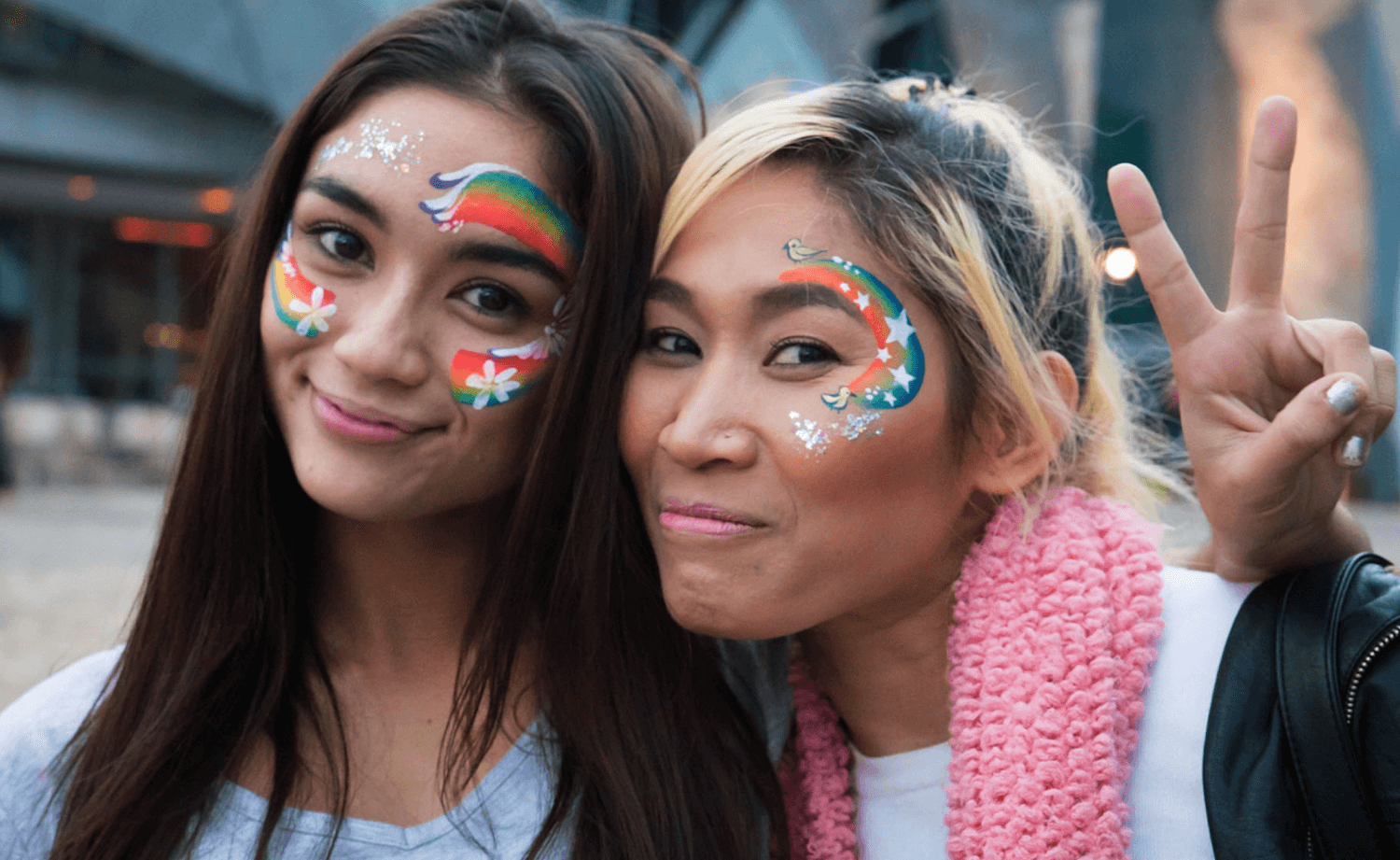
What's the difference between sexuality and gender?
May 24, 2023
Our identity is made up of a HEAP of different traits that are personal to us. Things like our sexuality, culture, religion, gender, our age, our body, and loads more.
The great thing about our identity is that it’s ours to decide. No one else can tell you how to identify, because it’s who YOU are.
Sexuality
One of the traits that make up our identity is sexuality, which is who we are attracted to. This could mean romantically (who you love) or sexually (who you want to kiss or be physical with).
We use labels to describe absolutely everything in our lives; it’s basic English. So it shouldn’t be a big shock when we try to put labels on our sexuality as well. Common labels like lesbian, gay, bisexual, asexual, straight and pansexual all describe a person’s sexuality.
Sometimes when we choose a label for our sexuality, other people have certain expectations about what it means. If you’re a gay guy, then people might automatically assume you love gossip, Arianna Grande and that you sneeze glitter and rainbow flags. And it's totally cool if you do! But if you do, it's not because you’re gay – you just happen to do those things while also being gay.
Sex
Our sex is our physical body. For instance, our genitals, or our level of hormones. Generally when we’re born, the doctor will write a sex on your birth certificate based on these characteristics.
Gender
Gender identity,on the other hand, is our sense of self when it comes to masculine or feminine. Basically, it’s how we feel in our mind. For a lot of people, gender identity will match their sex. This is called being cisgender.
When our gender identity doesn’t match the sex we were assigned at birth, this is called being transgender(e.g. being assigned male at birth, but identifying as a woman).
The thing is though, there's more to gender than just 'male' or 'female'.
Some people identify with aspects of male and female while others might not really feel like either. This is called being gender diverse or non-binary.
For gender diverse people, the word they use to describe their identity is very personal and entirely up to them. Some gender diverse people might start using different pronouns – for instance, they and them rather than she or her.
Identity is fluid and can change over time, and this applies to our sexuality and gender identity too. You might identify as a lesbian in high school, but feel more bisexual as an adult. This is completely normal, and one of the best things about your identity - it's completely up to you.
The word queer is an umbrella term, basically to mean lesbian, gay, bisexual, trans and intersex (LGBTI) and anyone else who isn’t straight or cisgender.
Finding umbrella terms for a community as diverse as ours isn’t easy (trust us, we know). Over the last fifty years or so, we’ve cycled through a great deal of them. The ‘gay community’ became the ‘gay and lesbian community’, then the ‘LGBT community’, and then the ‘LGBTIQ community’, and so on.
Since my sexuality is fluid, I find that queer can describe my own sexuality as it shifts, and there’s not really any pressure to describe what that means. Basically, I like dudes and dudettes, I sometimes feel like a dude or a dudette too and queer captures it.
What you label your sexuality or gender, it’s completely up to you; it’s the word that YOU feel suits you best. Embrace it!
Related articles
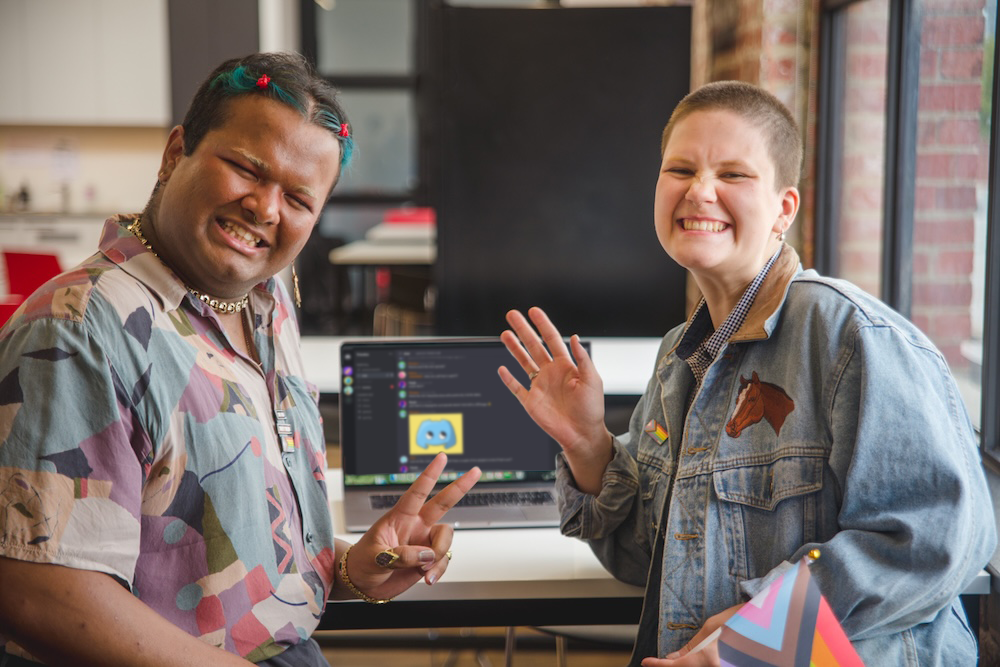
From December 10, big changes are coming for anyone in Australia under 16. Here's how we'll support you to remain connected with your community.
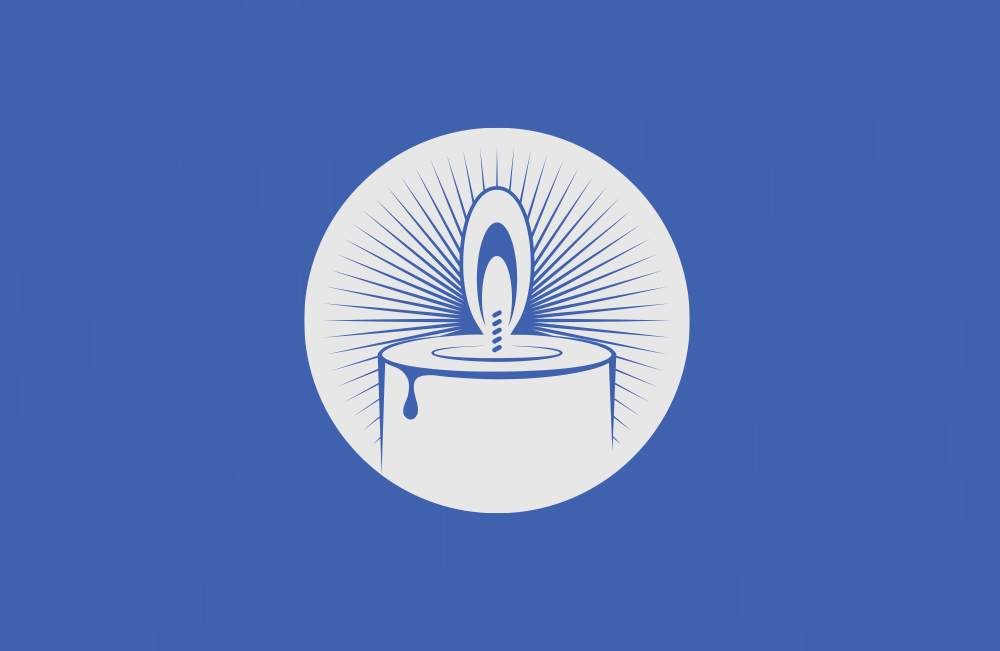
Trans Day of Remembrance is an important opportunity to honour those who have lost their lives to transphobic violence, and take a stand against transphobia.
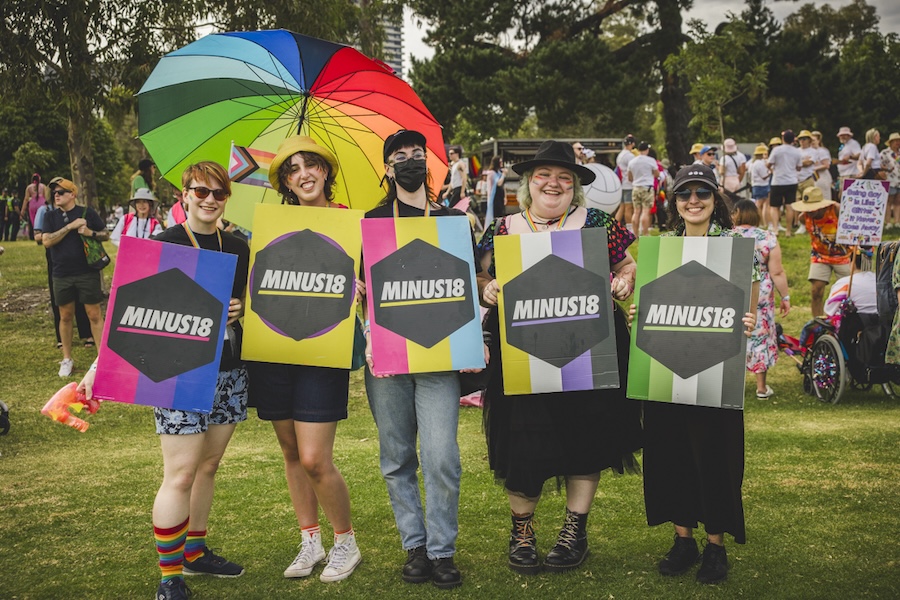
Labels can be comforting – a way to find people who understand you, and proof that you’re not alone. But it's also okay if you're still figuring it out.
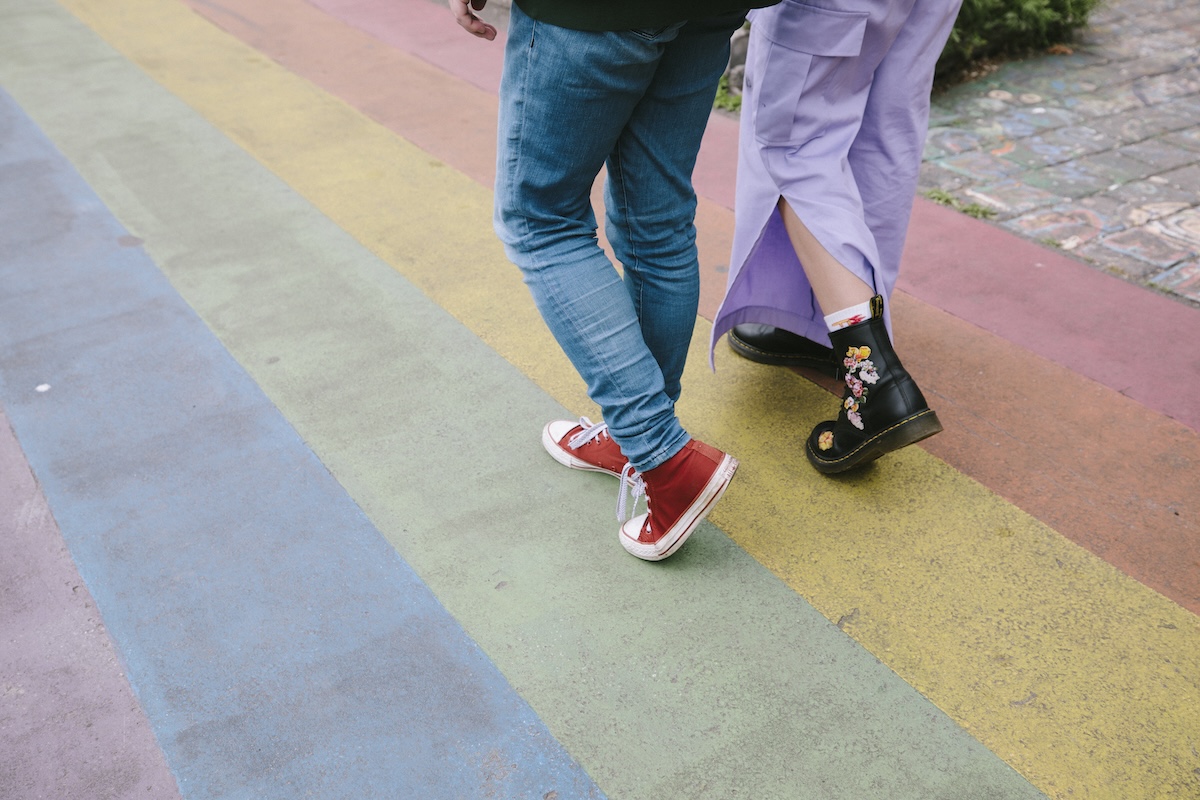
Uncertainty can be beautiful. Being “in-between” labels, between versions of ourselves, is part of life.